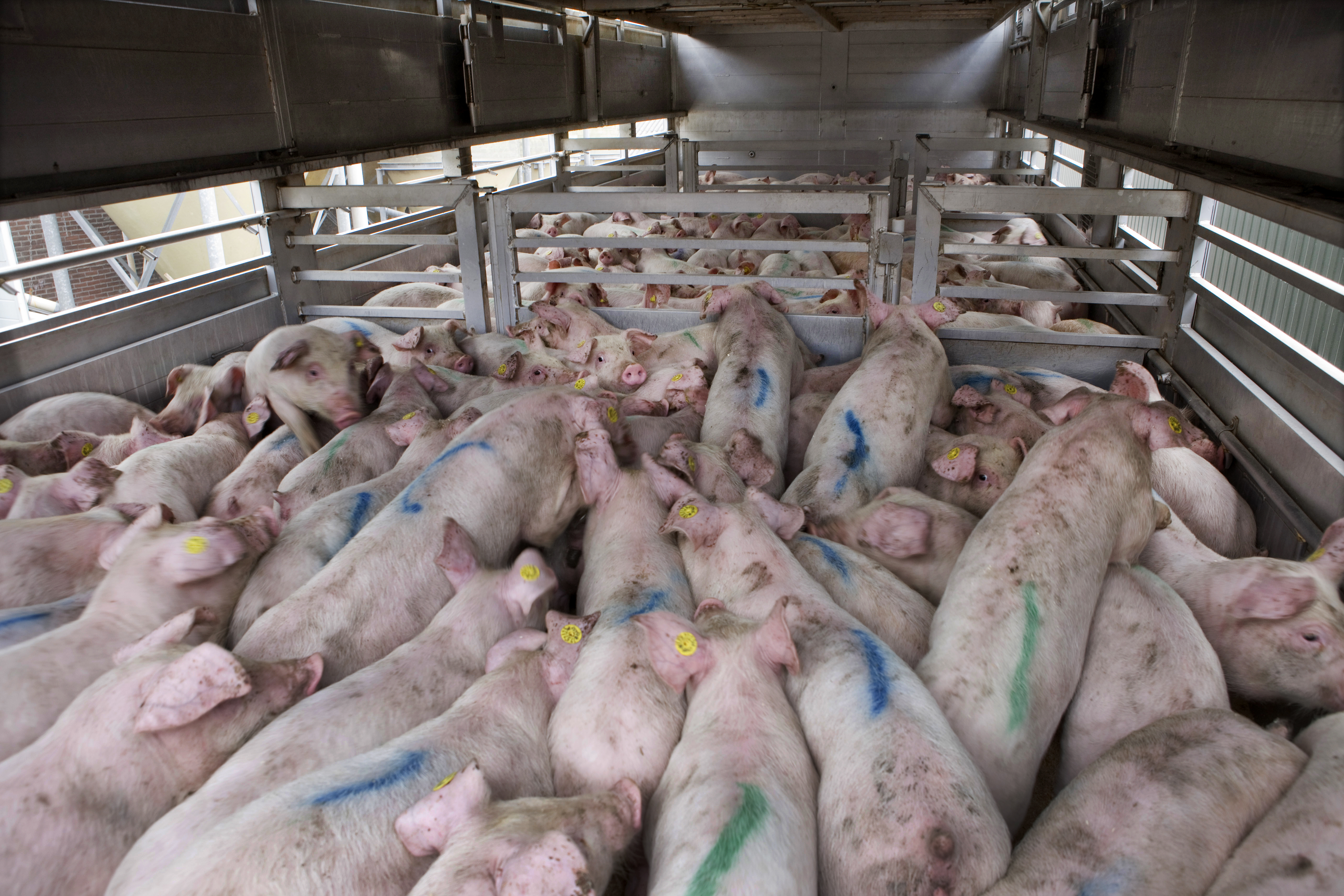



Mexico blocks pork shipments from world's biggest hog plant in US
Mexico blocked all shipments from the world's largest pork plant in North Carolina due to concerns about the quality of hog skins from the Smithfield Foods facility, the company said on 21 June.Reuters reports that the halt in shipments from the plant in Tar Heel, in eastern North Carolina, is a hit to the US pork sector. The facility became ineligible to export to Mexico on 16 June, according to the US Department of Agriculture.

Mexico was the biggest export market for US pork by volume before being surpassed by China in 2020. A major buyer of hams, Mexico in 2019 purchased about 708,00 metric tonnes of US pork worth nearly $1.3 billion.
Smithfield, owned by Hong Kong-listed WH Group, said the halt is temporary and the company is working with authorities to resume shipments from Tar Heel. The plant can slaughter about 34,500 hogs a day, about 7% of total US slaughtering, according to industry estimates.
Mexico had concerns about the quality of a specific lot of hog skins the plant sold to a third-party company based in the United States, said Keira Lombardo, Smithfield's chief administrative officer. The third-party company ultimately exported the skins to Mexico, she said.
"We have conducted a thorough internal inquiry and have determined that the issue originates with the third-party company, not with Smithfield nor the facility," Lombardo said.
Lombardo did not identify the third-party company in a statement.
The press office for Mexico's Agriculture Ministry said health safety agency Senasica was reviewing the matter. The office said it could not confirm the agency's role, if any, in the plant becoming ineligible to ship products to Mexico.
Smithfield, the world's biggest pork processor, has multiple US plants and could ship pork to Mexico from facilities other than Tar Heel if necessary, said Steve Meyer, economist for consultancy Partners for Production Agriculture.
"I don't get real worried about one plant on a multi-plant firm, even though it's still not a good thing," Meyer said.








